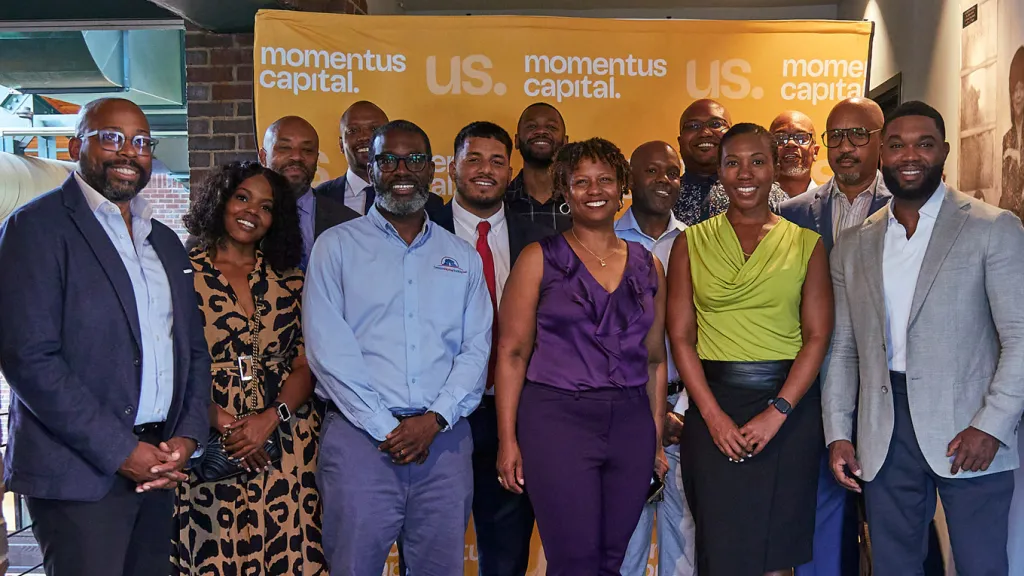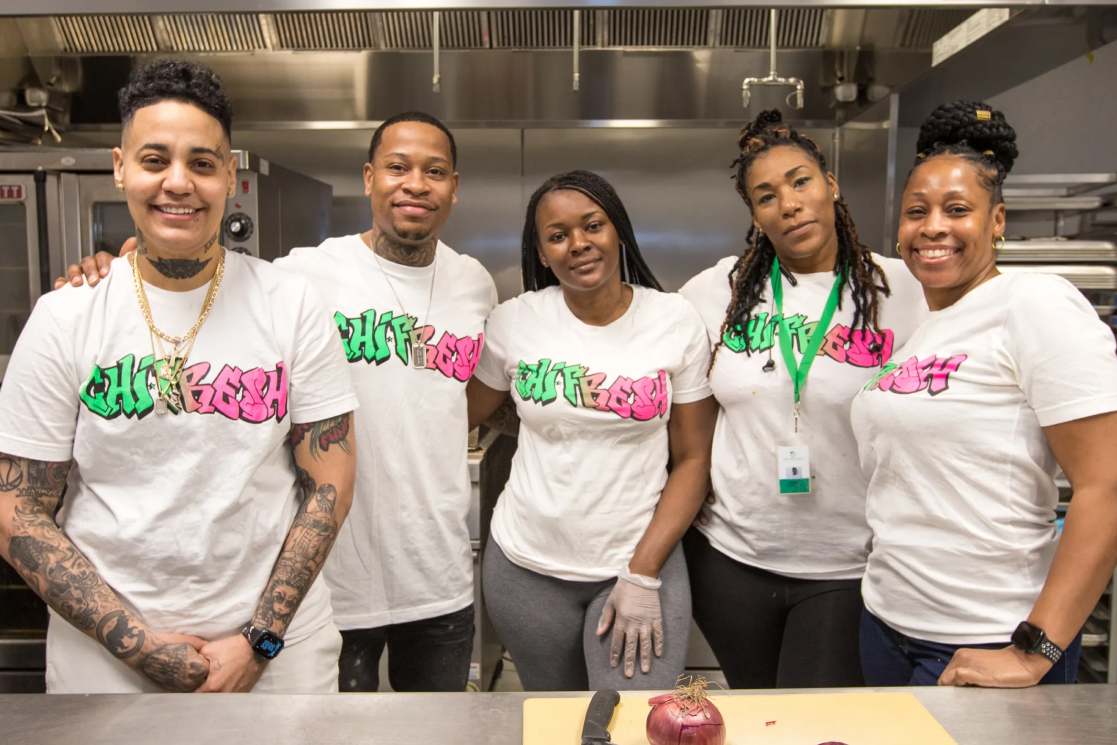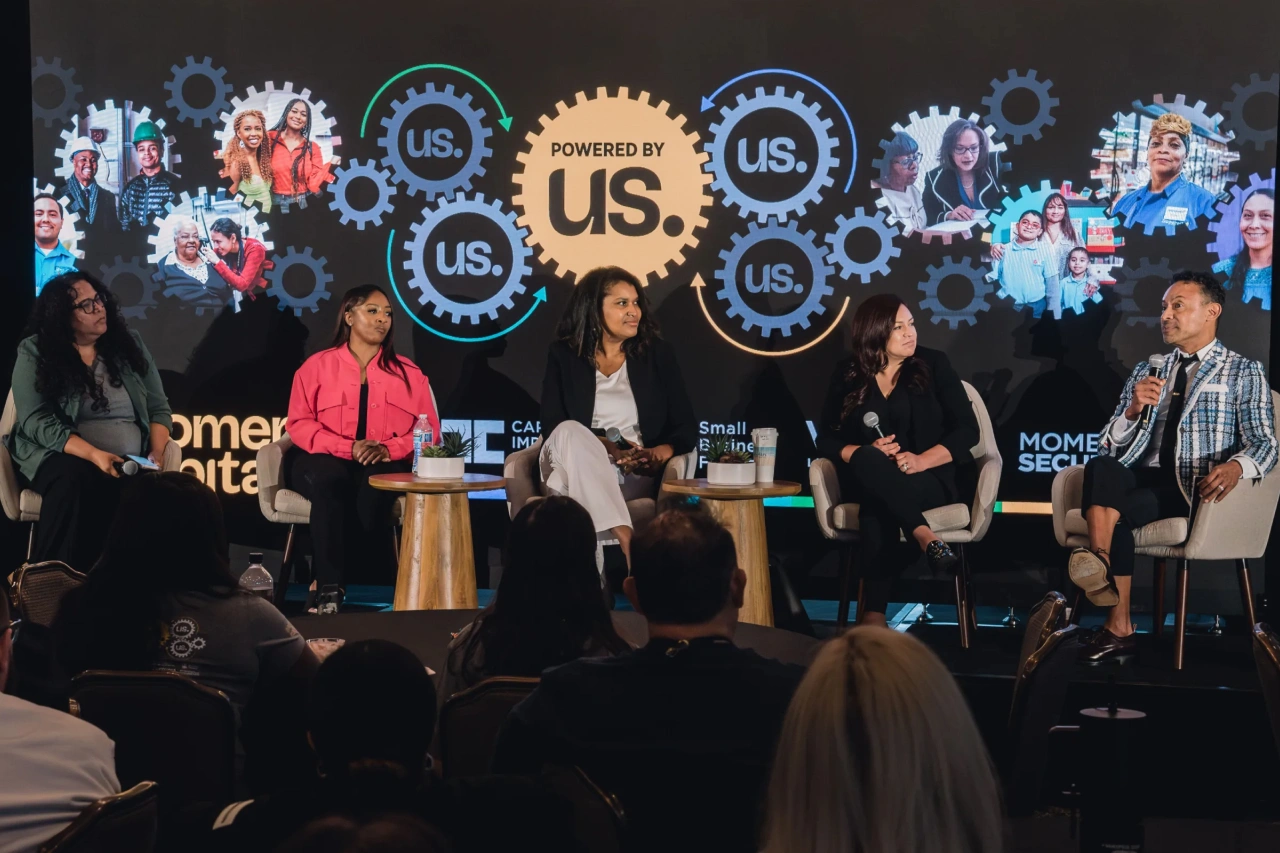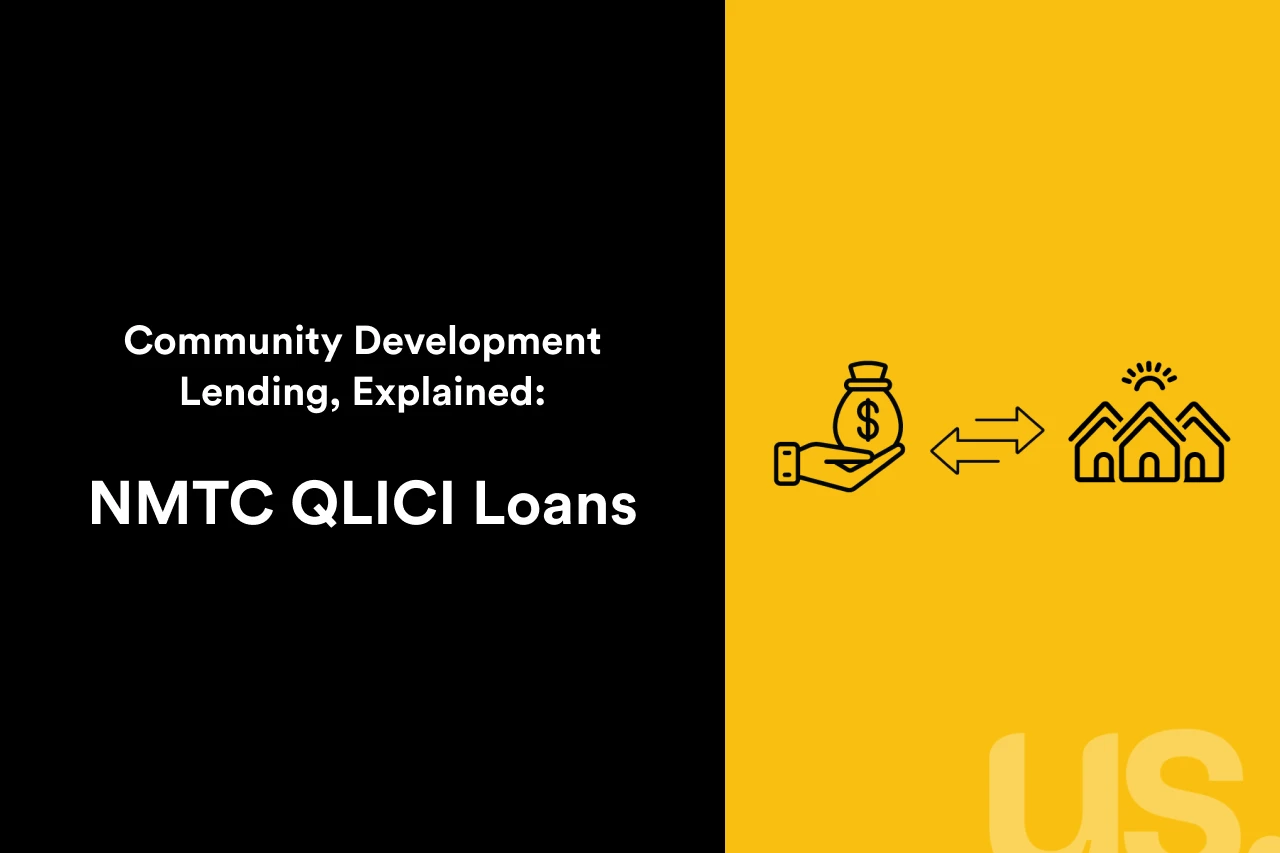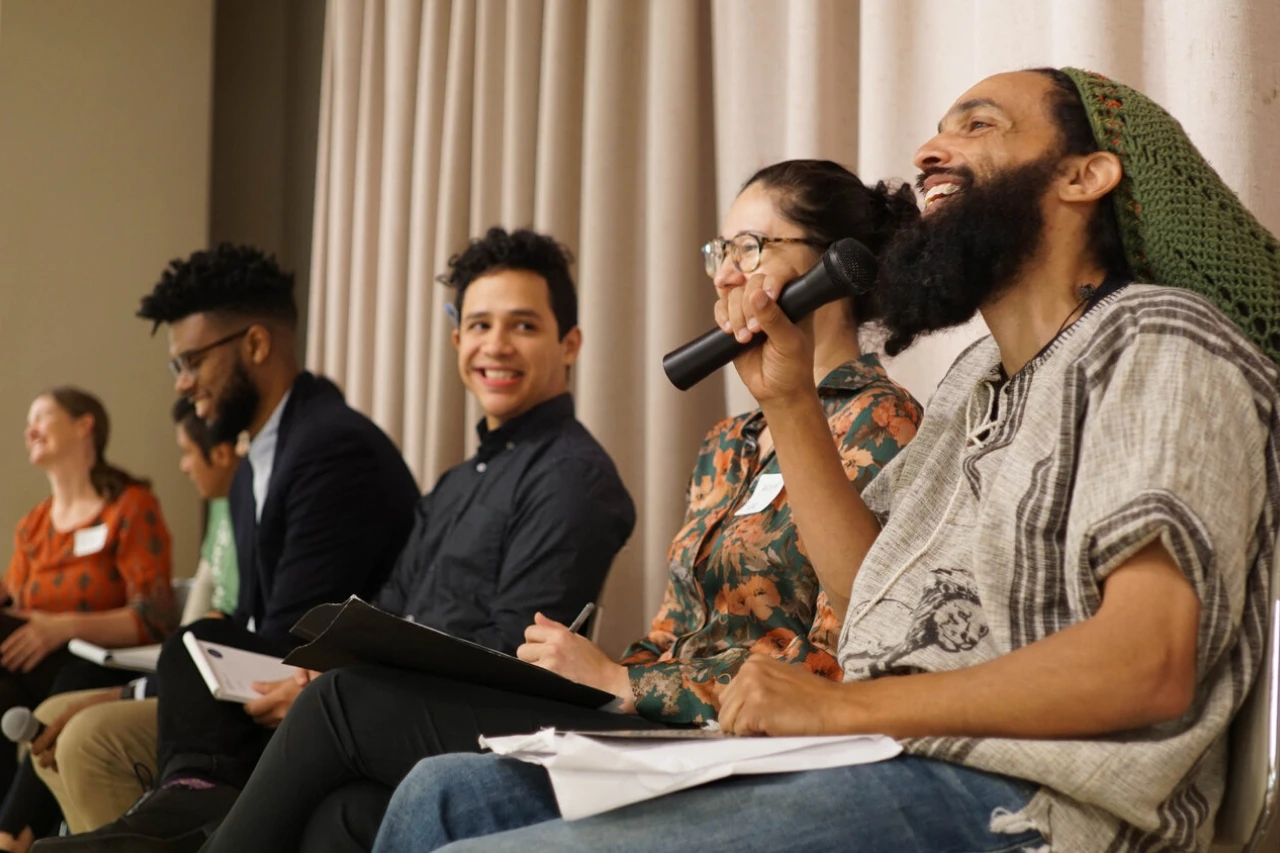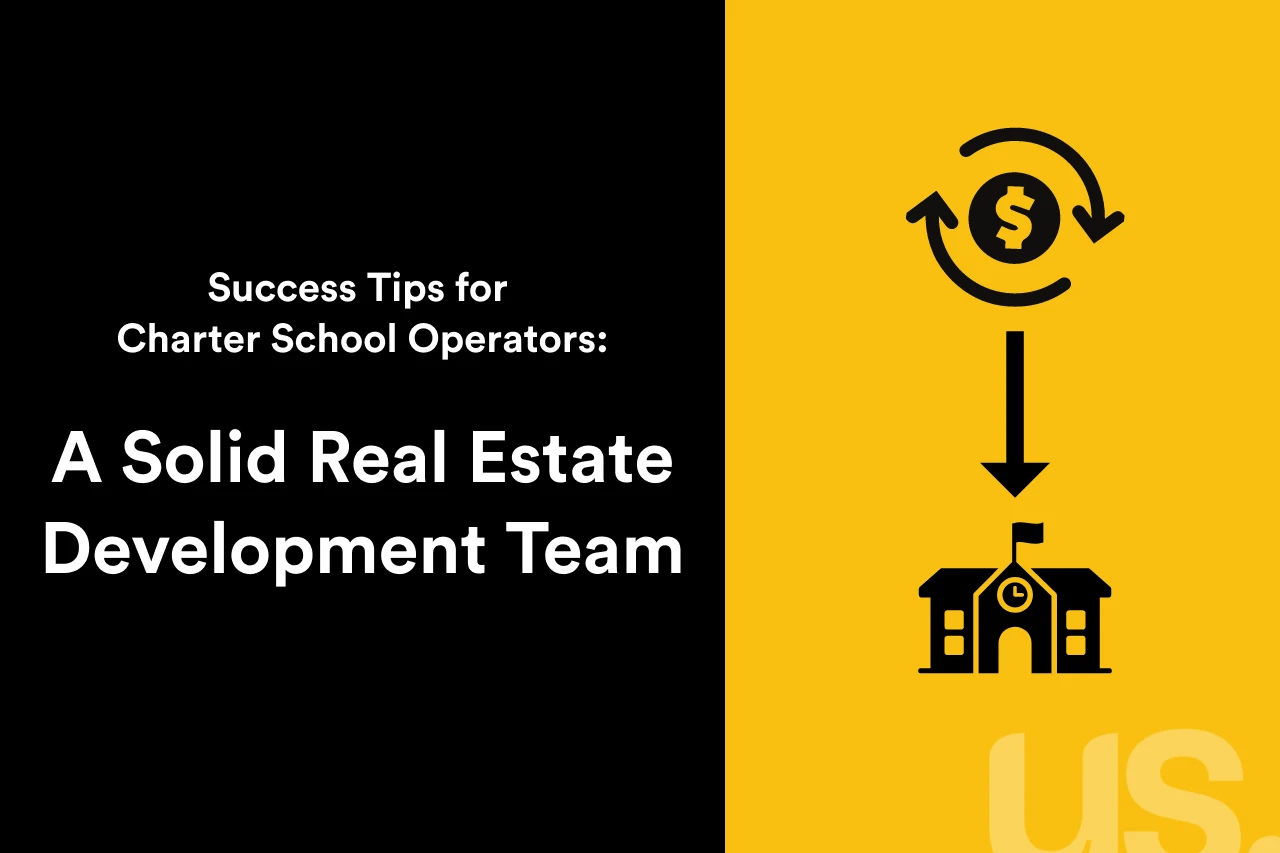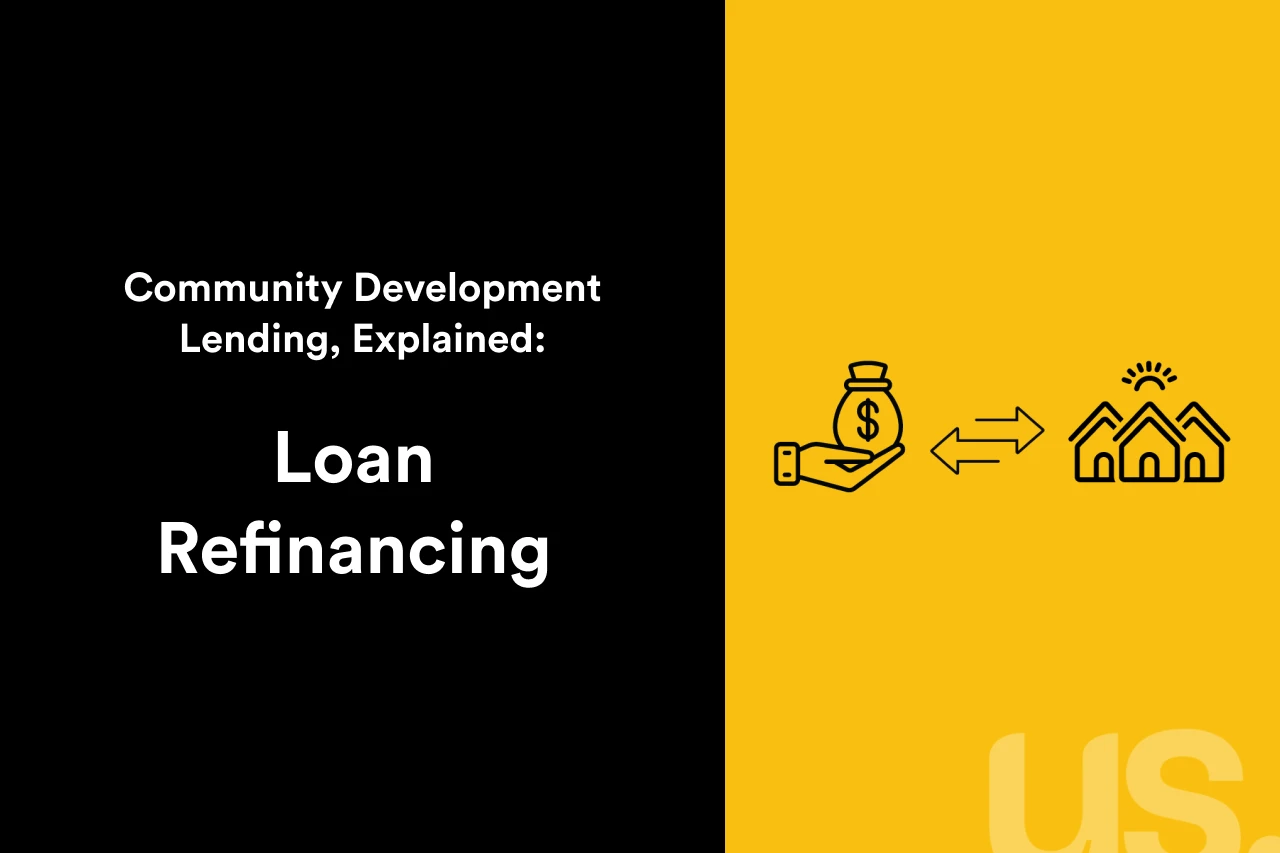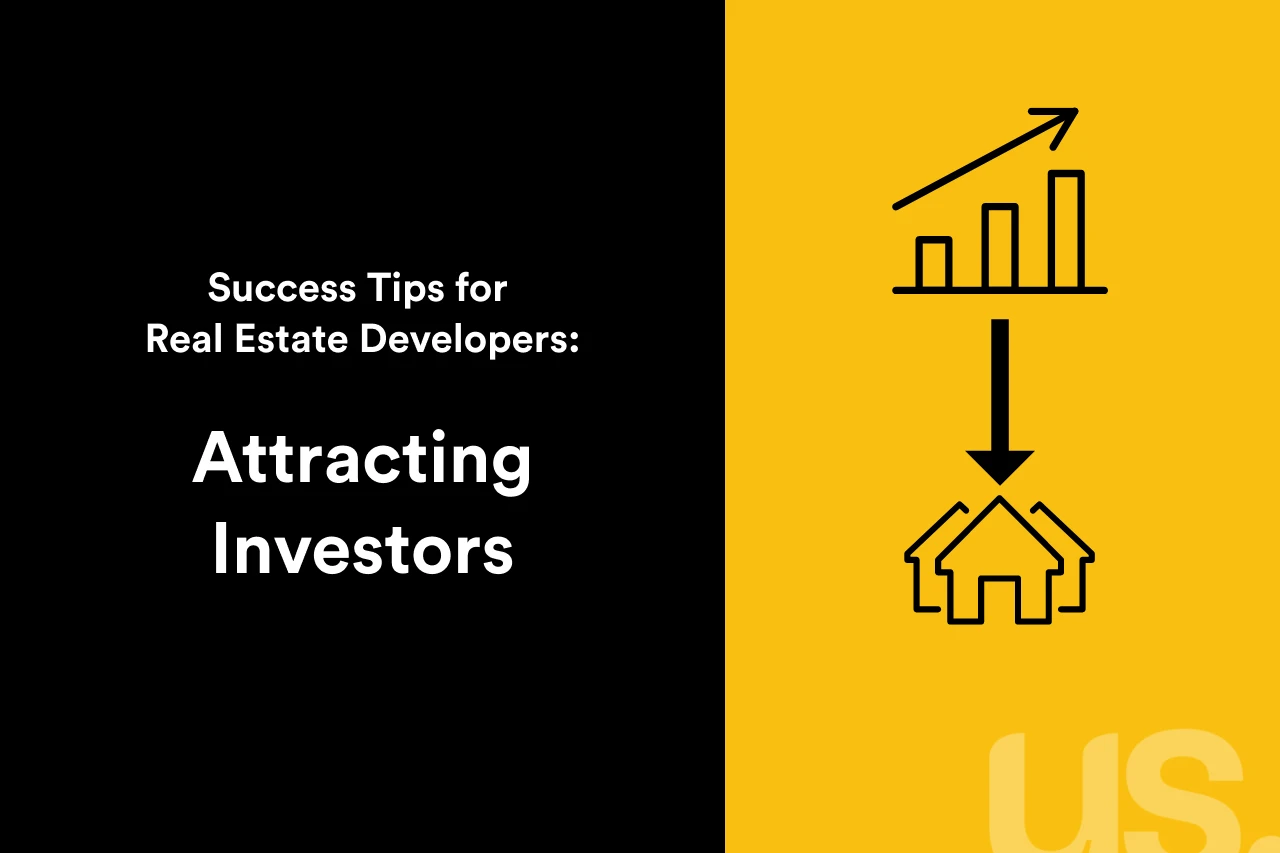Latest Articles
-
Advancing Community & Economic Development in Atlanta: Momentus Capital’s Approach
Learn how Momentus Capital is investing $50M to advance economic development in Atlanta through small business support, housing, and education.
Continue reading: Advancing Community & Economic Development in Atlanta: Momentus Capital’s Approach
-
Employee Ownership: A Guide to Types of Cooperative Business Models
Explore various cooperative business models — worker, consumer, producer, and more — to find the right fit for your organization's needs.
Continue reading: Employee Ownership: A Guide to Types of Cooperative Business Models
-
Accessing Capital Despite Barriers: Four Borrowers’ Perspectives
Four Momentus Capital borrowers from across our family of brands talk about barriers they have faced in accessing capital and how support from the Momentus Capital branded family of organizations has helped them overcome them.
Continue reading: Accessing Capital Despite Barriers: Four Borrowers’ Perspectives
-
Community Development Lending, Explained: New Market Tax Credit (NMTC) Qualified Low-Income Community Investment (QLICI) Loans
In this series about community development lending, we aim to shed light on the diverse types of loans we offer, in the hope that it will provide the clarity our borrowers need to make an informed decision about applying for...
-
Co-op Innovation Award: Celebrating 10 Years of Cooperative Movement Building
The Co-op Innovation Award celebrates a decade of amplifying the impact of cooperatives in communities. Through grants ranging from $10,000 to $50,000, the award supports innovative, early-stage cooperative projects focused on worker ownership, affordable housing, and food access.
Continue reading: Co-op Innovation Award: Celebrating 10 Years of Cooperative Movement Building
-
Success Tips for Charter School Operators: A Solid Real Estate Development Team
Whether you are an experienced charter school operator refining your approach or an enterprising newcomer ready to break ground in the charter school education sector, there is always more to discover and master to advance your institution and widen your...
Continue reading: Success Tips for Charter School Operators: A Solid Real Estate Development Team
-
Community Development Lending, Explained: Loan Refinancing
In this series about community development lending, we aim to shed light on the diverse types of loans we offer, in the hope that it will provide the clarity our borrowers need to make an informed decision about applying for...
Continue reading: Community Development Lending, Explained: Loan Refinancing
-
Success Tips for Real Estate Developers: Attracting Investors
Whether you’re a seasoned real estate developer fine-tuning your strategies or an aspiring newcomer eager to make your mark in the industry, there is always more to know and learn to help grow your business and scale your impact. This...
Continue reading: Success Tips for Real Estate Developers: Attracting Investors
-
Success Tips for Charter School Operators: What Lenders Look For
Whether you are an experienced charter school operator refining your approach or an enterprising newcomer ready to break ground in the charter school education sector, there is always more to discover and master to advance your institution and widen your...
Continue reading: Success Tips for Charter School Operators: What Lenders Look For
Our Blog
Through Innovate for Impact, we share experiences, knowledge and stories about how Community Development Financial Institutions (CDFIs) like Capital Impact operate to help further growth of the sector.
It is our goal to serve as an ongoing source of practical information and innovative ideas that empower you to amplify your impact for those most in need. If you have a topic you would like to see us cover or would like to guest blog, please don't hesitate to contact us for details.

